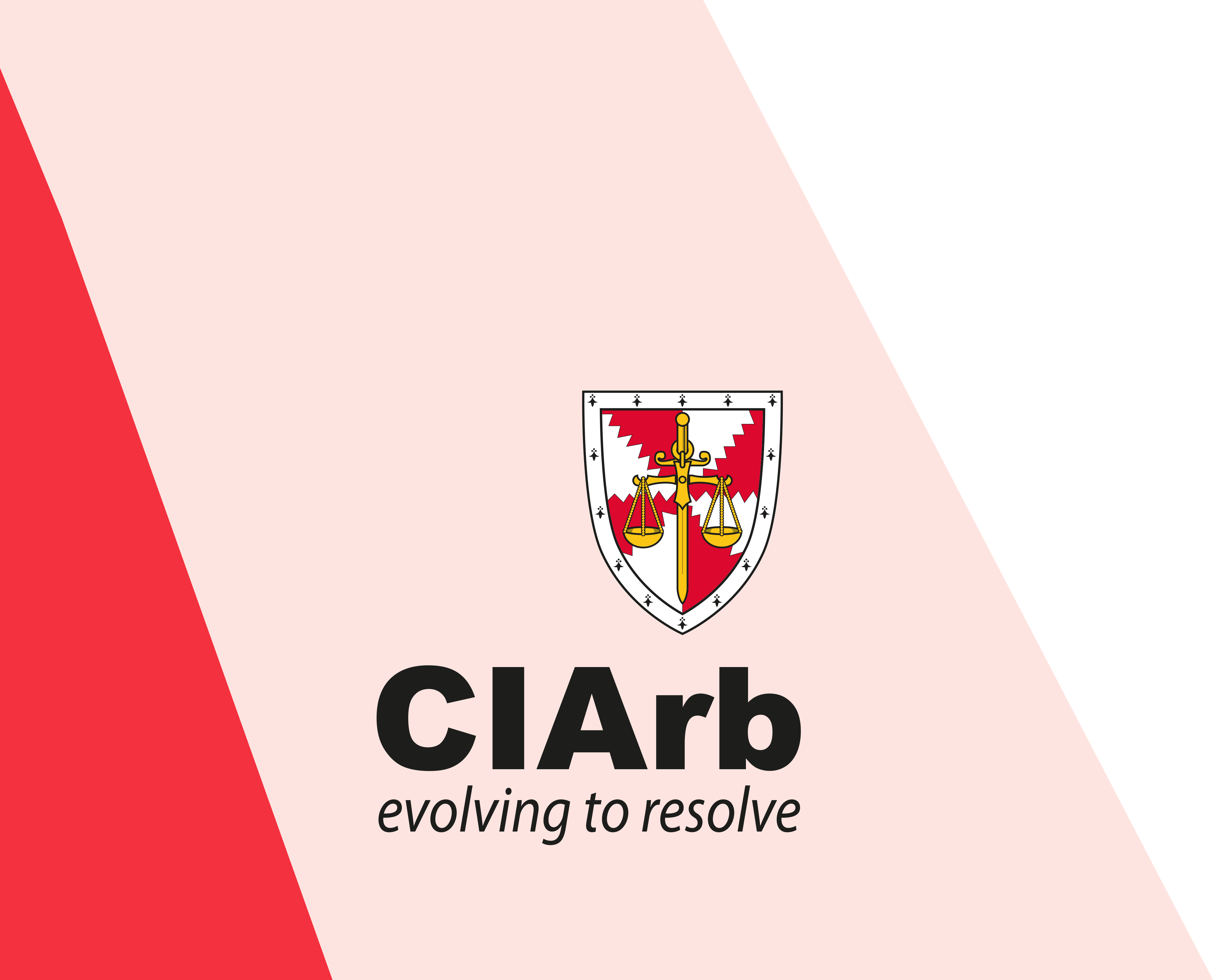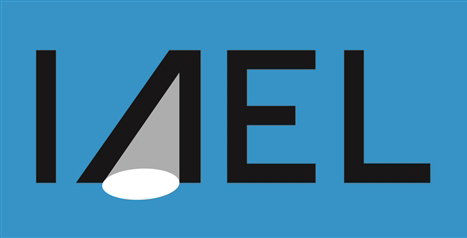Introduction
The COVID 19 pandemic has put all state institutions under a severe strain and society is begging for a response and adaptation for the system to survive.
Beyond the initial seemingly kneejerk general administrative directives by the respective heads of court to their constituency[1], the Nigerian judiciary now seems poised to tackle the challenges of providing an effective and efficient administration and delivery of justice, with or without COVID19 in Lagos State, with the Practice Direction (PD) for remote hearing of cases issued by the Chief Judge of Lagos State (CJ), His Lordship, Honourable Justice Kazeem Alogba.
This update highlights the said PD to determine whether it provides peripheral solutions or substantive remedies to the challenges posed by the pandemic in terms of human gathering and interactions.
Highlights of the Practice Direction and analysis of the legitimacy/efficacy of directives issues
His Lordship, Honourable Justice Kazeem Alogba, signed the Practice Direction, which is to come into effect 4th May 2020, to coincide with the Federal Government’s relaxation of lockdown measures in Lagos and Ogun States and in the Federal Capital Territory from that date[2].
The CJ relies on the grundnorm – Sections 6 (6) and 274 of the 1999 Constitution of the Federal Republic of Nigeria as amended and other enabling primary and subsidiary legislation[3] to issue the Practice Direction.
It is interesting to note that the reliance on Section 6 (6) of the 1999 Constitution provides the CJ with maximum flexibility in terms of justifying the legitimacy of the actions being taken vis a vis the remote hearings PD, particularly where some of these procedures may clash with constitutional provisions intended to ensure that court cases are heard with certain arguably technical constitutional safeguards, such as delivery of judgment in public.
Unlike Section 274 which confers subsidiary legislative rule making powers on the Chief Judge of a State High Court, Section 6 (6) of the Constitution deals with the inherent powers of every court to deliver justice between parties, and by extension the procedural directions being made the CJ through the PD to ensure this fundamental constitutional objective is safeguarded.
The underlying objectives of the Practice Direction are stated to be the timeous and just determination of cases and efficient use of available judicial and administrative resources.
Whilst electronic filing of processes already features in the Lagos State Judiciary, this Practice Direction brings it to the fore. All court processes, whether filed electronically or physically at the Registry, must have the email addresses and phone numbers of the counsel or parties. E-payment of assessed filing fees is established as the norm and where not practicable, then payment can be made at the Registry.
An interesting innovation is the recognition of service by electronic means such as email and WhatsApp, notwithstanding the provisions of the High Court of Lagos State (Civil Procedure) Rules 2019 and the Magistrates Court of Lagos State (Civil Procedure) 2015. Where electronic service is done, then the party shall file an affidavit exhibiting a printout from the electronic device used in the process which shows the date and time of receipt by the other party.
This innovation which is understandable in an era of physical and social distancing as well as technological advancement, detracts from the long established rules of service and particularly erodes the requirement of personal and physical service of originating processes on parties, which is a threshold issue of activation of the court’s jurisdiction and competence to hear the case and which is an aspect of litigation practice that has always led to technical objections and delays in justice administration/delivery where the defendant is evading service.
Parties and counsel can indicate and have recorded through the email of the Registry, their voluntary participation in a remote hearing. The requirement for voluntariness, is yet a balancing act and an attempt to address the challenges posed by certain constitutional basic standards of administration of justice, where literally interpreted. Also, the lack of this requirement would be tantamount to forcing a litigant or even counsel who may not have the means to procure remote hearing facilities to be denied a fair hearing and his day in court, thereby rendering the entire proceedings of the court, a nullity.
Before a remote hearing is ordered, the Registry will liaise with counsel to ensure that the appropriate facilities are available. A notice of a remote hearing shall be stated on the Cause List and the Lagos State Judiciary website as well as communicated to parties and counsel via email, WhatsApp and another other electronic means as the Court may direct.
Parties and counsel are mandated to be attired appropriately for court proceedings. This requirement for etiquette and proper dress code is welcome and an effort to maintain the sanctity and decorum required in court rooms by counsel and parties, notwithstanding remoteness. It avoids breach of professional etiquette and conducts for counsel and thwarts possible situations where parties would inappropriately or indecently dressed: in practice, for physical cases, certain judges even go as far as insisting that parties appearing before it should have English formal wear (suits).
The Court shall record the proceedings to the exclusion of parties and counsel, except with the leave of Court. Certified true copies of the record of proceedings shall be available upon request, however. The requirement or duty not to record except with leave of the court may appear extreme, particularly where one may contend that technology is meant to support court and counsel to effectively do their respective work of advocacy and adjudication. It appears to negate also the requirement of court proceedings being in the open.
However, this requirement is arguably justified in an age of social media where the solemn and important business of court proceedings are not to become the subject of trial by media or public opinion. There is the need to safeguard against the ridiculing of judges whose lives and offices are supposed to be discreet, in order to avert the judges being forced to respond or defend facts arising from their proceedings which have been distorted, which would in turn exacerbate the risk of judges being alleged to be biased in the cases in issue. Indeed, under the concept known as matters being sub judice (subject to judicial proceedings) counsel and litigants are guided by law not to engage in public comments about pending cases. In short, the risk of absence of any control by the court regarding its proceedings is heightened in an age of technology and social media. Typically, electronic court proceedings are also to be conducted on secure and encrypted channels to avoid electronic attacks.
Adoption of written addresses shall be done in consonance with extant rules. The Court shall through the Registry notify parties and counsel of date for delivery of Rulings and Judgment.
Important considerations
The Practice Direction is hailed as a very welcome development in the technological advancement of justice delivery in Lagos State. Nonetheless, there are critical issues to be addressed in for the successful implementation of this Practice Direction.
First and foremost, the Practice Direction applies to urgent and timebound matters.
This restriction of scope is a bit problematic as it defeats the opportunity for Lagos Judiciary to achieve a quantum leap in efficiency in justice administration and delivery. It also does not consider the lessons of history in relation to global pandemics which foretells that such pandemics lasts for about a couple of years even after peaking initially, and usually involve a second and third wave.[4] This restriction also has the potential of creating substantial administrative challenges and a floodgate of requests for approvals of all manner of cases anyways[5], irrespective of the scope intended. Respectfully, it would have been better to stagger rather than restrict the manner of application of the Practice Direction: in other words, the CJ could have restricted the commencement of application of this rule for the first three months to urgent and timebound matters and thereafter the PD becomes effective for other matters. This would have been a better compromise towards the administration of justice, welfare of counsel whose livelihood are tied to litigation practice, and justice to litigants, as it is impossible that disputes would cease even in a COVID19 repressed and perhaps soon to be depressed economy.
Be that as it may, the CJ gives some helpful indication as to the calibre of matters that would be considered within this ambit but with the caveat that the CJ shall be the approving authority for any matter not specifically included. For fresh matters yet to be filed, one can presume that an affidavit of urgency with a letter application to the CJ would bring such a suit to the attention of the CJ for approval for a remote hearing.
However, for existing matters, there is no guidance as to how to apply for the remote hearing of an urgent application. Indeed, it may prove lackadaisical or inordinately positive for counsel to assume that the CJ would call for an audit of existing case files and order that all matters which falls within the listed category in the preamble to the Practice Direction be listed for remote hearings. It is conceivable, for example, that a fundamental rights action is not urgent because the applicant is not in custody and the parties are negotiating an out of court settlement.
In like manner, adoption of addresses is listed as the kind of matters to be considered under the Practice Direction, without a distinction between final written addresses and addresses in support of interlocutory applications. This means that adoption of addresses in respect of a contested motion for waiver of default fees or a Preliminary Objection to the jurisdiction of the Court would probably be considered under this Practice Direction, notwithstanding that there may not be anything urgent about the nature of the applications.
Secondly, e-filing and e-service of processes is an exciting feature of this Practice Direction. As already commented, this allows a more efficient management of issues in relation to service of court processes. However, it also brings along new challenges to be addressed, including for instance actual proof of service. It is recommended that the CJ invests in technology such as Email Tracker in the service of fresh suits that indicates that the recipient has in truth received the processes, not just that the processes were sent. There is also technology that can record and provide evidence of reading of the content of the email or WhatsApp as the case may be. This need is underscored by the fact that some defendants who seek to evade service would receive processes via email or WhatsApp but refuse to open such emails or WhatsApp messages or even delete them.
The cyber security of the platform used to conduct the remote hearing is also a very important issue as well. For instance, the popular Zoom application was mentioned in the CJ’s PD. However, it has been shown that over 500,000 zoom accounts have been hacked and put up for sale for free on the dark web.[6] Some applications have been proven to be end-to-end encrypted, meaning that a third party or the host of those applications cannot have access to the information or data being shared. This is important, particularly in view of the preclusion of counsel and parties recording the proceedings without leave of Court. Platforms such as Cisco Webex may prove effective in this regard.
It is also necessary to consider the ICT capacity of judges with their administrative staff and lawyers. It is prudent to invest in relevant trainings to upgrade the technological aptitude of the learned jurists. Similarly, lawyers also need to get the requisite infrastructure and skill to be able to effectively key into this laudable initiative of the CJ.
Conclusion
The Practice Direction is a step in the right direction even though the restriction of same only to urgent and timebound matters significantly undermines the promising gains of this new tool for achieving an efficient administration and delivery of justice with the support of technology in a world that can never be the same after this global pandemic.
Some have argued that the administration of justice is an essential service as it seeks to uphold the Rule of Law and prevent a breakdown of law and order with disputants resorting to self-help. This means that in addition to the PD, it is expected that the Nigerian Bar Association and the judiciary collaboratively advocate for same to be included in the exceptions to the general social and physical distancing rules issued by States and Federal Governments.
The Practice Direction also complements this objective. It is therefore commendable that Lagos State Judiciary has once again blazed the trail in Nigeria in promulgating this Practice Direction. This is already obtainable in other jurisdictions such as New York and Uganda and there is no reason why the judicial system serving a metropolis like Lagos State should be left out.
Notes:
- This update is authored by Emuobonuvie A. Majemite, Senior Associate with invaluable input from Okorie Kalu, Partner at PUNUKA Attorneys and Solicitors.
- The views expressed herein are those of the author and not the collective opinion of the firm.
- The references to certain software for illustrative purpose in this article do not in any way constitute a special endorsement or a warranty as to the efficacy, security and integrity of the mentioned software. The author recommends that the CJ consults a reputable technology expert for advice as to what technology infrastructure the Lagos State Judiciary should adopt which would both be secured and easily available to lawyers.
[1] Please see our general update on the CJN’s COVID19 and the State of the Judiciary on https://punuka.com/the-covid-19-directives-of-the-chief-justice-of-nigeria-and-state-of-the-judiciary/
[2] National Address of the President of the Federal Republic of Nigeria delivered 27th April 2020
[3] Section 87 (1) of the High Court Law of Lagos State 2015; Order 49 Rules 1, 2 and 3 of the High Court of Lagos State (Civil Procedure) Rules 2019; Section 90 (2) Lagos State Magistrates Court Law 2015; Section 354 (1) of the Administration of Criminal Justice Law of Lagos State 2015
[4] https://www.visualcapitalist.com/history-of-pandemics-deadliest/
[5] Lawyers tend to be creative in filing affidavits of urgency to bring in all types of matters for the CJ’s approval, for instance domestic violence where the life of the petitioner is threatened, applications for the discharge of interim orders affecting the financial health of the applicant, etc.
[6] https://www.forbes.com/sites/leemathews/2020/04/13/500000-hacked-zoom-accounts-given-away-for-free-on-the-dark-web/#20e5c74358c5













